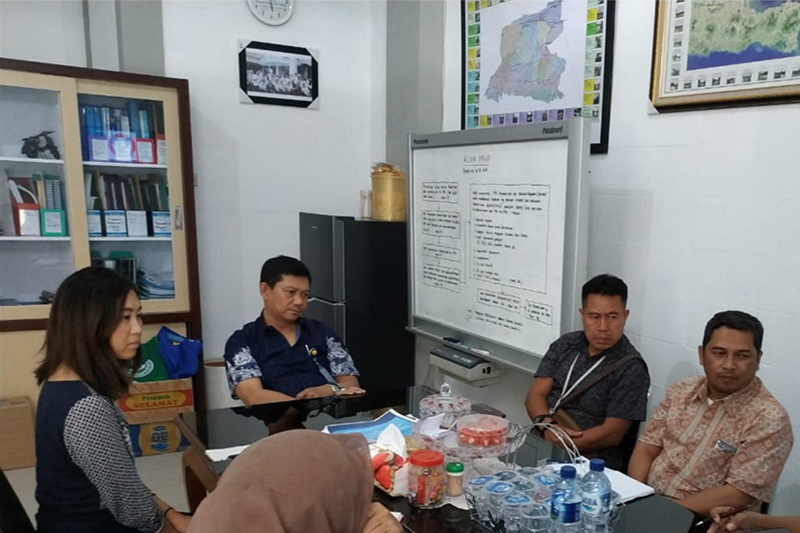Over the summer, I conducted research on next generation water infrastructure in Indonesia.
The project goal was to research the barriers degrading community participation (CP) efficacy within the Dam Operational Improvement and Safety Project (DOISP), with the ultimate goal of ideating feasible, context-based interventions. DOISP is a $300 million-dollar infrastructure project funded primarily through loans from the World Bank and the Asian Infrastructure Investment Bank. I was embedded within the Water and Irrigation Directorate of Indonesia’s Ministry of National Development Planning (BAPPENAS). While BAPPENAS is responsible for the monitoring and evaluation of DOISP, the Ministry of Public Works is in charge of all project design and implementation aspects. My work plan consisted of literature reviews to identify best practices for community participation related to integrated watershed management; interviews focused on uncovering restrictive social dimensions and power structures; and descriptive analysis of routine observations expressing different types of obstacles and tensions within DOISP, the two central-level ministries, the provincial-level offices, and the international financing institutions.
I gathered data by applying several qualitative social science research methodologies. Through a combination of narrative, phenomenological, and grounded theory approaches, I was able to observe, inquire, and experience the essence of challenges inflicting DOISP’s efforts to initiate community participation (CP). Through interviews, I captured the stories of individual team members’ experiences, and through observations I began to develop a theory of change for transforming the CP process, informed by stakeholders including BAPPENAS consultants, World Bank partners, and on-site dam technicians.
I returned to Yale with a much richer understanding of infrastructure investments, and am also more conversant on the benefits and negligence of foreign aid deployment in developing country settings. My summer research tested my initial bias in favor of green infrastructure, and it has expanded my perspective beyond nature-based interventions for sustainable development.
I was also offered the opportunity to continue my research as an independent study, supervised remotely by my internship supervisor in Indonesia and also by Professor Amity Doolittle, senior lecturer for the School of Forestry and Environmental Studies, who focuses on how access to natural resources is defined and contested by different stakeholders.
